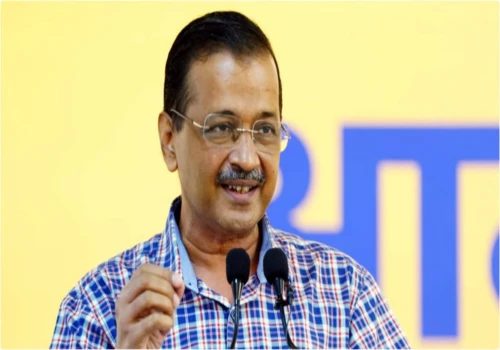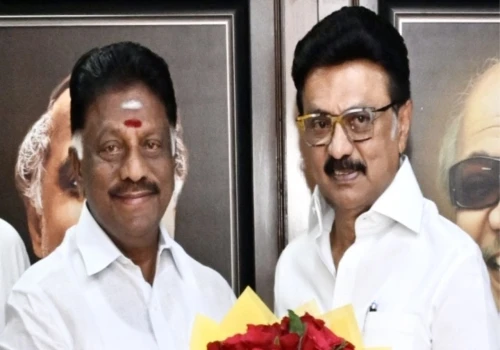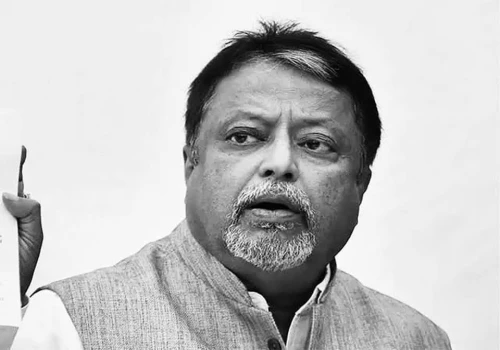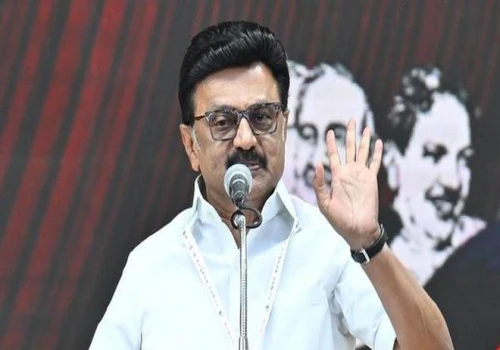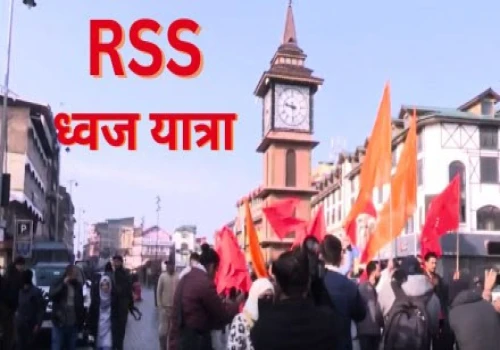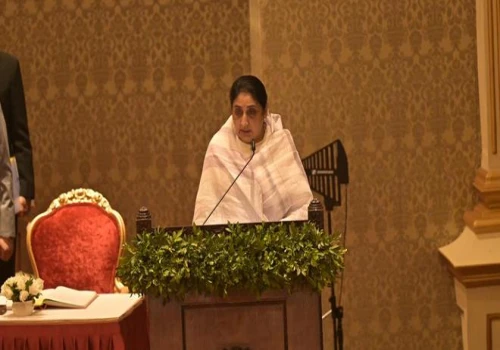
In a significant development, the Ministry of Sports has decided to suspend the recently established Wrestling Federation of India, led by the newly elected President, Mr. Sanjay Singh. The controversy unfolded with Mr. Singh's victory, given his association with Mr. Brijbhushan Sharan Singh, who faces allegations of sexual harassment from numerous female wrestlers. Mr. Singh triumphed over a candidate representing wrestlers who were protesting against Mr. Brijbhushan Sharan Singh.
In response to wrestler Sakshi Malik's announcement of bidding farewell to wrestling and Bajrang Poonia's return of his Padma award, the central government has taken this decisive action. The Indian Olympic Association, under the leadership of P. T. Usha, will now establish an ad-hoc committee to oversee the affairs of the Wrestling Federation of India.
While this move may have pleased opposition leaders, particularly the Congress party, as it suggests the government yielding to pressure from wrestlers, it also raises questions. Following the suspension of the WFI body, Sakshi Malik hinted at reconsidering her decision to leave wrestling. The Congress party and other opposition groups celebrated their perceived success in applying pressure politics. However, there is a need to reflect on past events when the government reversed decisions and the subsequent repercussions.
It is crucial for the opposition to remember instances where the government retracted decisions and the implications thereof. This suspension of the WFI may not be a definitive victory for the opposition, as history has shown instances where the government has taken corrective measures.
Despite recent elections in the three Hindi Heartland states, where the Congress party failed to gain ground despite Jat dominance, there seems to be a persistent lack of understanding regarding the core issues the party should address. The suspension of the Wrestling Federation of India serves as a reminder of the government's decision to retract the three farm bills. In a seemingly strategic move, Prime Minister Modi announced the withdrawal of the Farm Bills during ongoing protests, only for the BJP to secure a substantial victory in the subsequent UP Assembly Elections. The opposition's initial celebration turned out to be premature, as the BJP successfully navigated the political landscape.
Public memory, it appears, is notably short-lived. The episode involving the Land Acquisition Bill in 2014, where the Congress vehemently protested both inside and outside the House, seems to have faded into obscurity. Whether forgotten or not even initially remembered, the opposition's selective memory too, is a challenge they must confront.
The current predicament facing the opposition is akin to a trap. The suspension of the Wrestling Federation of India may not significantly impact the BJP in the numerous Lok Sabha constituencies influenced by Mr. Brijbhushan, as the upcoming grand inauguration of the Shriram Temple is expected to secure the BJP's stronghold in these constituencies, including Ayodhya. Additionally, the BJP has demonstrated that the "Jat Insult" tactic is ineffective, as seen in the recent elections in three states. The drama surrounding the suspension of WFI appears sufficient to keep the opposition in a state of perceived victory, allowing the BJP to benefit from their delayed realization of the situation.
The BJP seems adept at strategically surrendering on certain issues to captivate and confound the opposition. The suspension of WFI is just another instance where the opposition's premature celebration may play into the BJP's hands. The longer it takes for the opposition to grasp the true implications of these maneuvers, the better it is for the BJP. If surrendering had proven useful for the opposition in carving a path to victory, it would likely have happened sooner. The BJP's history of such strategic moves suggests a pattern that continues to confound and challenge the opposition.



